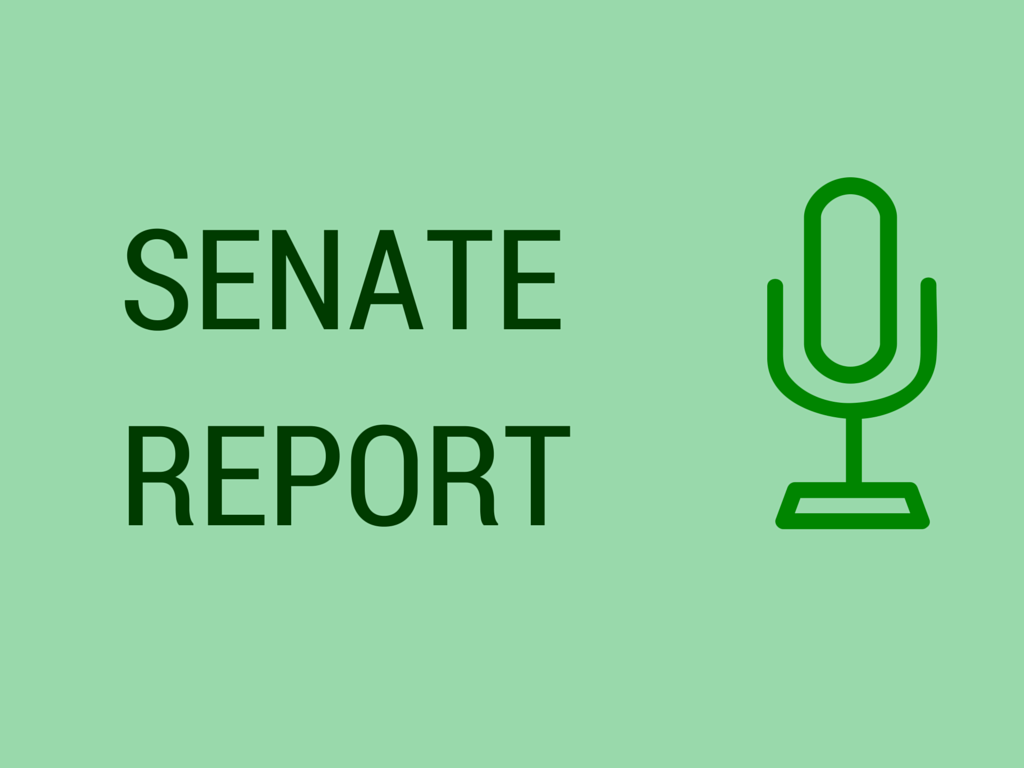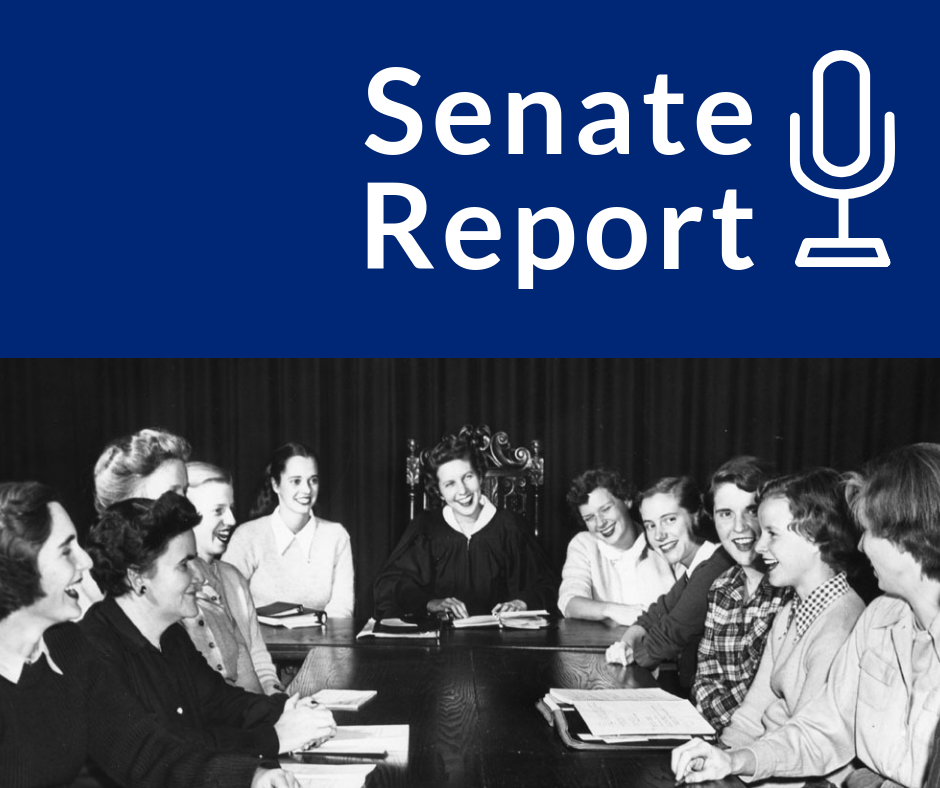Elections Committee update
CG President Hana Glasser ’16 said that CG cabinet is being particularly thoughtful this year to ensure a streamlined elections process for both students and CG candidates. This will assure that future cabinet members will not have to reevaluate the process annually. One major change is how campagin violations are treated. Previously, a candidate would risk being taken off the ballot if they accumulated three “strikes.” However, as of this year, violations are now broken down into three tiers. The tiers are leveled based on severity and they will determine what actions will be taken against the candidate. Tier one consists of violation such as inappropriate spamming or vertical chalking. These violations do not result in the candidate’s removal from the ballot. The second tier is not participating in all mandatory events that are a part of candidacy such as the two debates. Tier three consists of the highest violations such as misrepresentation of finances or interfering with another candidate. Violations that fall under tier three threaten the candidate’s position on the ballot and an Honor Code Violation will be filed against the candidate. Changes are also being made in communications including a new Google spreadsheet that will help candidates easily communicate with organizations on campus.
Spring bus schedule
The Senate bus and Natick Mall bus will be running on their normal schedules during spring break. The Babson-Olin exchange shuttle will run for the first half of the week. In previous years, a Roche Brothers shuttle was commissioned that would transport students to get groceries. This year; however, the Roche Brothers shuttle will not be running. Instead, the MWRTA, which cycles around the MetroWest area, will run for $1.10 a ride. A Google spreadsheet will also be created where students can communicate with each other regarding transportation needs.
WEED Plastic Bottle Campaign
Wellesley Energy and Environmental Defense (WEED) presented at senate where they spoke of the international “Banning the Bottle” campaign. The purpose of the campaign is to not ban single-use bottles entirely, but rather create a campus environment that promotes reusable bottles. One implementation of this could be banning any College funds from being spent on buying single-use bottles, or working with individual departments. In 2010, the College spend around $85,000 on single-use water bottles alone. This number has since gone down, but is still a significant amount. The Office of Sustainability can provide departments or organizations with rentable water pitchers that can be used at events. The Office of Sustainability is also looking into the installation of water fountains, with bottle fillers, around campus. WEED is currently interested in gauging student interest in the campaign.







